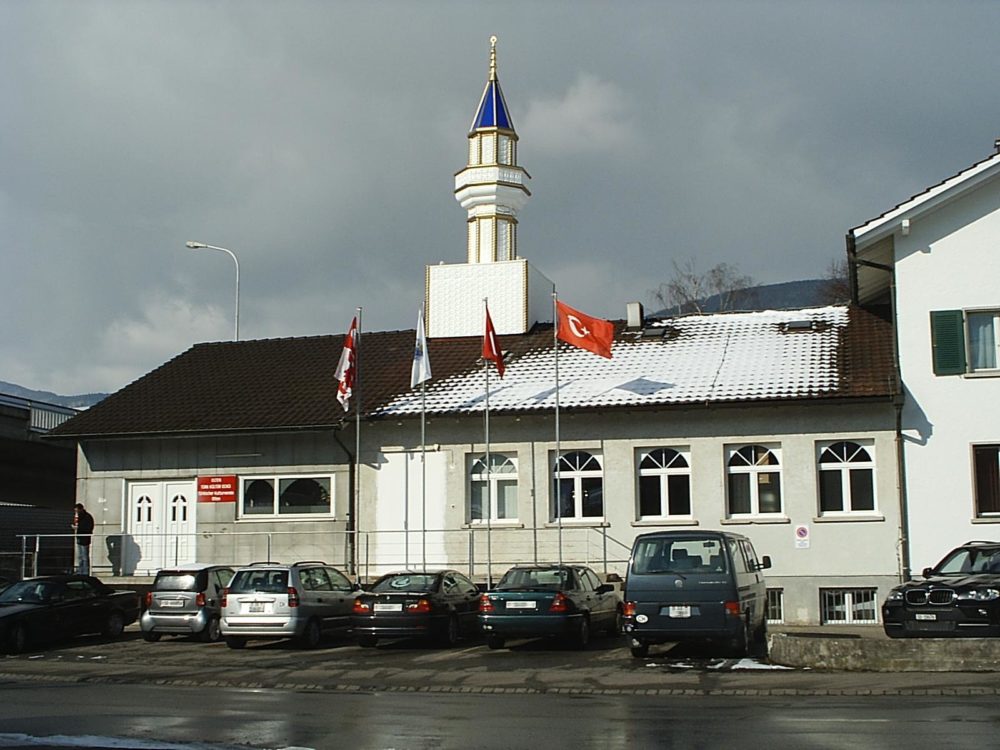 Menu
Menu
 Menu
Menu
People do not cast votes with the intention of making the wrong decision. People vote for what they believe to be right. When every vote is counted, the results are said to be the best way forward. In other words, democracy is a belief that the collective will of the majority is smarter than the judgment of any one individual.
Nevertheless, direct democracy occasionally produces head-scratching results. Consider the following referendums and plebiscites. Each of them involved complex considerations, meaning people had compelling reasons to vote the way they did. However, the results give reason to ask: does direct democracy always produce the wisest possible decision?
For five decades, Colombia’s government fought a civil war with the Revolutionary Armed Forces of Colombia (FARC). When the two sides brokered a peace deal in 2016, citizens were asked to approve or reject the deal. Opinion polls throughout the plebiscite campaign showed overwhelming support for approval. However, on voting day 50.2% voted against the peace deal.
Voter turnout was only 37%. A few issues may have lowered turnout. The seemingly inevitable victory for peace may have kept unmotivated voters at home. As well, storms and heavy rains on voting day made travel especially cumbersome. In some areas roads were completely impassable.
Would an unexpected event such as a major storm justify postponing a vote?
Perhaps the worst referendum result ever was in Nazi Germany. Adolf Hitler’s last obstacle to absolute power was Germany’s President, who had constitutional authority over Hitler. When German president Paul von Hindenburg passed away in 1934, Hitler simply declared himself President, Chancellor, and Head of the Military.
To validate the move, Hitler held a referendum. 88% of Germans approved. To be sure, the referendum was fraught with problems such as voter intimidation and questionable ballot-counting. Nevertheless, historian Ian Kershaw believes that the majority of Germans supported Hitler, meaning had the vote been free and fair the referendum would still have passed.
Do people cast ballots based on issues or personalities?
Berlin, 1933. The Nazi-dominated German Student Union held book burnings in an attempt to purge “un-German” ideas.
Minarets are towers on mosques, somewhat similar to church steeples. When Switzerland’s highest court affirmed the right to construct minarets in that country, aggrieved citizens forced a nationwide constitutional referendum on whether or not to ban minarets. While the debate was ostensibly about architecture, critics charged that the 2009 referendum was an emotionally-charged attempt to send a message about what religions are acceptable in Switzerland.
Citizens voted 57.5% in favour of the ban. Switzerland’s government did not like the result, but was required by law to change the constitution. The Swiss constitution now reads “Freedom of religion and conscience is guaranteed…. The construction of Minarets is prohibited.” The contradiction between these two statements is obvious.
If an issue is emotionally charged, is it a good idea to decide the issue by referendum?

The minaret on Wangen bei Olten’s Islamic community centre sparked the referendum, becoming the last minaret built in Switzerland.
Abortions are funded through the public health care system. In 1991, Saskatchewan’s Progressive Conservative government held a plebiscite on whether the procedure should be publicly funded. The plebiscite was held in conjunction with the provincial election. The PCs lost the election, but their plebiscite question won in a landslide: 63% favoured defunding abortions.
The incoming New Democrat government chose to not honour the results. At first, this may seem anti-democratic. Outgoing premier Grant Devine said “to ignore such an overwhelming demonstration of public will would be to disregard a fundamental element of democracy.” Saskatchewan’s new health minister, Louise Simard, countered that “we owe it to the people to take a detailed look at all the legal and constitutional ramifications.” It was ultimately determined that—moral and ethical issues aside—defunding abortions would violate the Canada Health Act and may very well be a violation of the Charter of Rights and Freedoms, and it could possibly give rise to private health clinics performing the procedure.
Should a plebiscite or referendum be held if its legal and constitutional ramifications have not yet been fully considered?